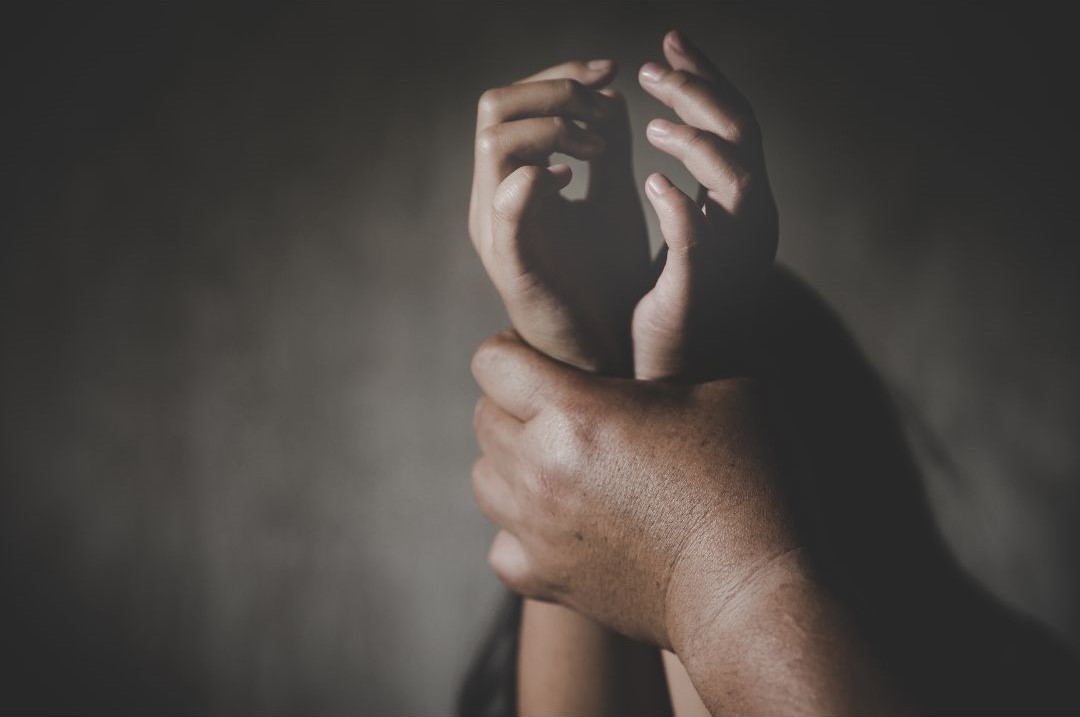
My friend Julie* is charming, elegant, smart, and passionate. A caring mother and good cook, she knows how to enjoy her life. I love reading her social media updates: guided bush walks in winter by herself, a cruise with friends from the dance club, wineries for wine tasting. Wow! I don’t know how she finds the time. But while it seems as if Julie has everything going for her, it wasn’t always like this.
I met Julie at work in Australia. We’re about the same age and our hometown in Japan is close. Every day I looked forward to our lunch breaks. It’s so easy to chat with her about anything. The latest Japanese TV shows, the meals we’ve cooked, how her children are going. Then one day, Julie wore her sunglasses into the office and didn’t take them off. She said she hit her face near the corner of bathtub. “Oh, yeah, that must hurt,” was all I said.
The next day, Julie used concealer to cover the bruises around her eye. She also received a bouquet of flowers from her husband at work.
I knew her husband as a successful businessman. In public, he was smart, kind, generous and never aggressive. So, all I thought was, how lucky was she to have a husband that takes good care of her? Soon after, I left my job for another role. One day, I had a change of heart in my career path. I attended classes for social work studies. This was when alarm bells began to ring…
I was shocked to find out what happened to Julie was a typical domestic violence scenario: the black eye, the flowers, the husband who makes as if nothing ever happened. I became very worried. I was also ashamed of my ignorance. I had no idea Julie was suffering so much through her marriage.
In some Asian cultures, women don’t really speak up about what’s going on at home. Relationship problems, feelings about how the relationship is going – these aren’t talked about. Sometimes, the woman is a migrant and is financially reliant on her husband. She may feel ashamed or guilty. Because he is paying the bills and the mortgage, she may think, “it’s my fault” and “I should just put up with it” when he is abusive. Without the language, it’s difficult to reach out or know where to seek help.
What happened to Julie was more than 10 years ago. In the end, she left her husband. But there was a lot of hard work for her to become more independent. She started studying, got a new job in the health sector, found new friends, completed her degree. When I last saw Julie, she was glowing! This made everything much clearer to me: anyone can turn their life around by sitting in the driver’s seat instead of the passenger’s.
Of course, there are women without the money to survive who may need more help. And every woman’s story is different. Still, I remember this driving motto always when supporting the women who reach out to us. When asking, ‘what do you want to do in one year, five years, ten years?’ I follow up with ‘what should you do now to get there?’ Because Bonnie’s is where we empower women to do what they want to do with their lives. So they can be the driver, and we’ll be there with them, all along the way.
*not their real name
Written by Hiroko.
Image via Canva.
comment closed